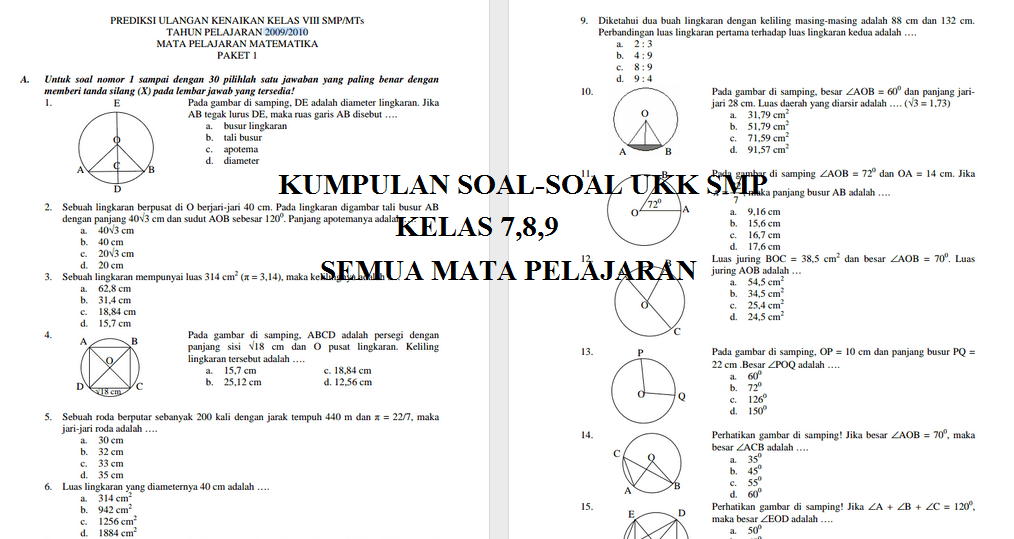Download Alan Collins Contemporary Security Studies Pdf Free
Tabtight professional, free when you need it, VPN service. Download Contemporary Security Studies Book, Download Best Book Contemporary Security Studies. 30 bookstores. Buy, rent or sell.online download contemporary security studies by alan collins pdf book Contemporary Security Studies By Alan Collins Pdf Book Change your habit to hang or waste the.Download Contemporary Security Studies 3rd Edition. Value Pack is.
This major new textbook brings together key scholars to introduce students to the fast-evolving field of security studies. The book is divided into three sections: differing approaches to the study of security; the broadening and deepening of security; and a range of traditional and non-traditional issues that have emerged on the security agenda. The study of internationa This major new textbook brings together key scholars to introduce students to the fast-evolving field of security studies. The book is divided into three sections: differing approaches to the study of security; the broadening and deepening of security; and a range of traditional and non-traditional issues that have emerged on the security agenda. The study of international security has undergone dramatic changes since the end of the Cold War. While war and the threat to use force is part of the security equation it is not exclusively so.
 Security studies encompasses dangers that range from pandemics, such as HIV/AIDS, and environmental degradation through to the more readily associated security concerns of direct violence, such as terrorism and inter-state armed conflict. Accessible and easy to use, Contemporary Security Studies is essential reading for all students new to international security.
Security studies encompasses dangers that range from pandemics, such as HIV/AIDS, and environmental degradation through to the more readily associated security concerns of direct violence, such as terrorism and inter-state armed conflict. Accessible and easy to use, Contemporary Security Studies is essential reading for all students new to international security.

The book is accompanied by an Online Resource Center. Student resources: Case studies on the Iraq War, Zimbabwe, migration and North Korea Web links Multiple Choice Questions Flashcard glossary Lecturer resources: PowerPoint slides. This was for my class on international security and did provide insight to the realm of IS, however I think that it was only used in class because my professor had a chapter he wrote in it. He didn't really use it much other than a few other chapters. I think he did this only to increase circulation. It was usually well written, but with different authors for different chapters leaves plenty variation.
Stan Taylor from BYU had a chapter in it about the CIA and information gathering, but at times This was for my class on international security and did provide insight to the realm of IS, however I think that it was only used in class because my professor had a chapter he wrote in it. He didn't really use it much other than a few other chapters. I think he did this only to increase circulation. It was usually well written, but with different authors for different chapters leaves plenty variation. Stan Taylor from BYU had a chapter in it about the CIA and information gathering, but at times it seemed childishly written but in the end covered the topic generally well.
**GERBER ACCUMARK 9.0.0.245 Solution. Lectra kaledo for pc windows 7. **Stylecad V10 Full Module Solution.
I wished I wouldn't have bought it however.
%2C445%2C291%2C400%2C400%2Carial%2C12%2C4%2C0%2C0%2C5_SCLZZZZZZZ_.jpg)
My posts haven’t been very prolific lately, but I decided I would wait until I had written something new and original before I posted again. This is an essay on Critical Security Studies, written as part of the Master of International Relations course I am currently undertaking. It is a lot more theoretical than my usual posts. Critical Security Studies and the Deconstruction of Realist Hegemony. David Alexander Robinson Though still marginal within the field of International Relations, over the last two decades a paradigm of Critical Security Studies has developed that challenges traditional definitions of ‘security’ and emphasises the socially-constructed nature of state identities and international systems.
This essay will examine the key elements of the critical security approach with particular focus on the ‘Copenhagen School’ – which calls for a broadening of the concept of ‘security’ and highlights the process of ‘securitization’ of political issues – and the ‘Welsh School’, which draws on Marxism and Critical Theory to create a self-consciously activist approach that emphasises ‘emancipation’. These will be set in contrast to the hegemonic discourse of Neorealism, and it will be noted that these critical theories are gradually beginning to be used in analysis of real relations and events. Since the mid-Twentieth Century ‘security studies’ has been largely synonymous with the theoretical paradigm of Realism (Classical/Neorealism).
Ken Booth writes, “Traditional security thinking, which has dominated the subject for half a century, has been associated with the intellectual hegemony of realism empha[sizing] military threats and the need for strong counters; it has been status quo orientated; and it has centered on states”. Realists see states as preoccupied with their own physical safety and autonomy, in an international system defined by its anarchy. “The nature of the system, and its pressures and constraints, are the major factors determining the security goals and relations of national governments”. States are in constant competition to increase their power relative to other states (often in a military form), and these international interactions are more important than states’ domestic cultures, leaders or political systems in determining behaviour. Realist scholar Kenneth Waltz’s Theory of International Politics, which combined an individualist ‘micro-economic’ approach to the international system with a Classical Realist emphasis on power and material interests, is an important example of Neorealist thinking. For Waltz, the international system requires states to operate competitively or be eliminated, like corporations within a free market.